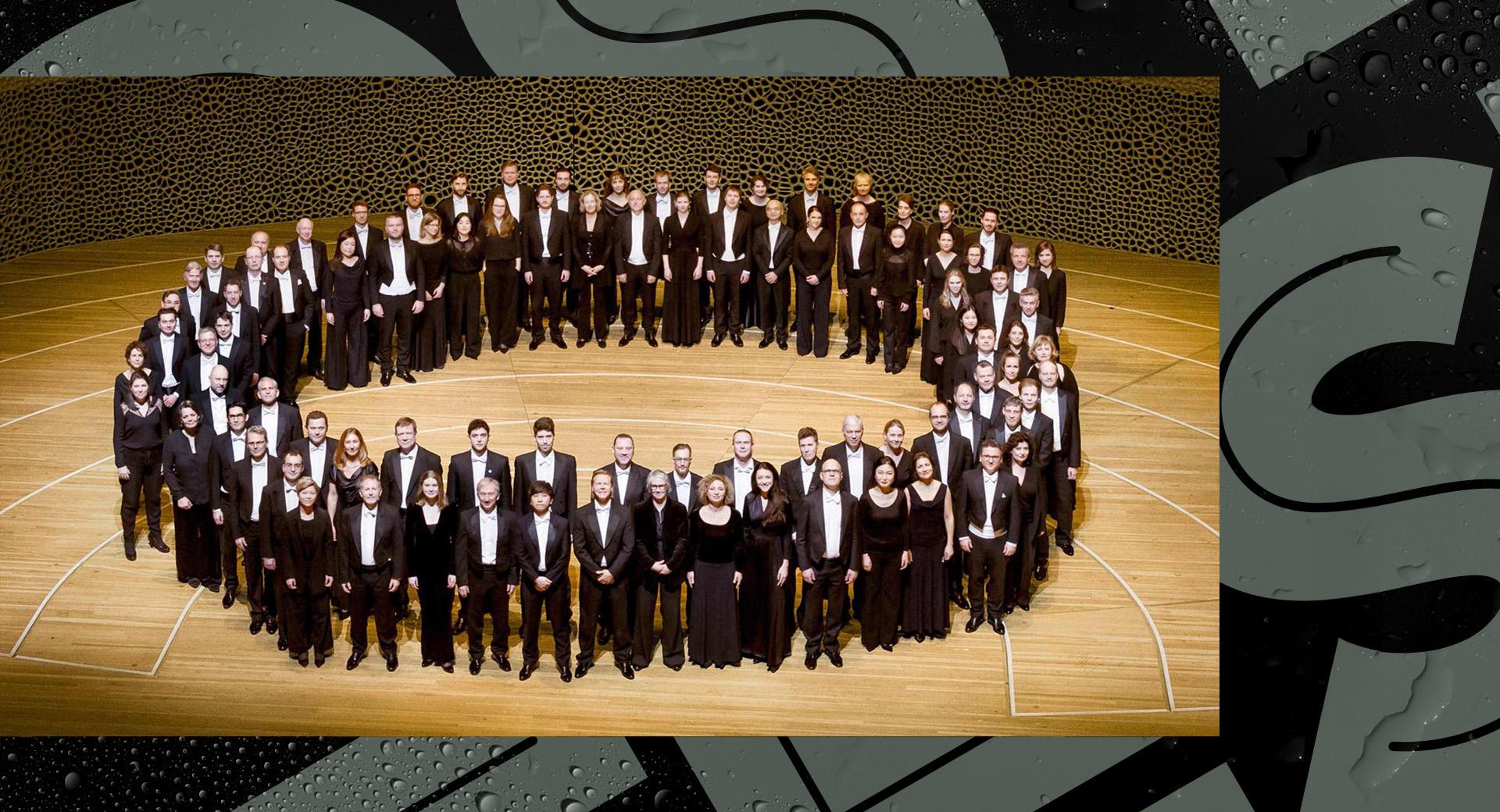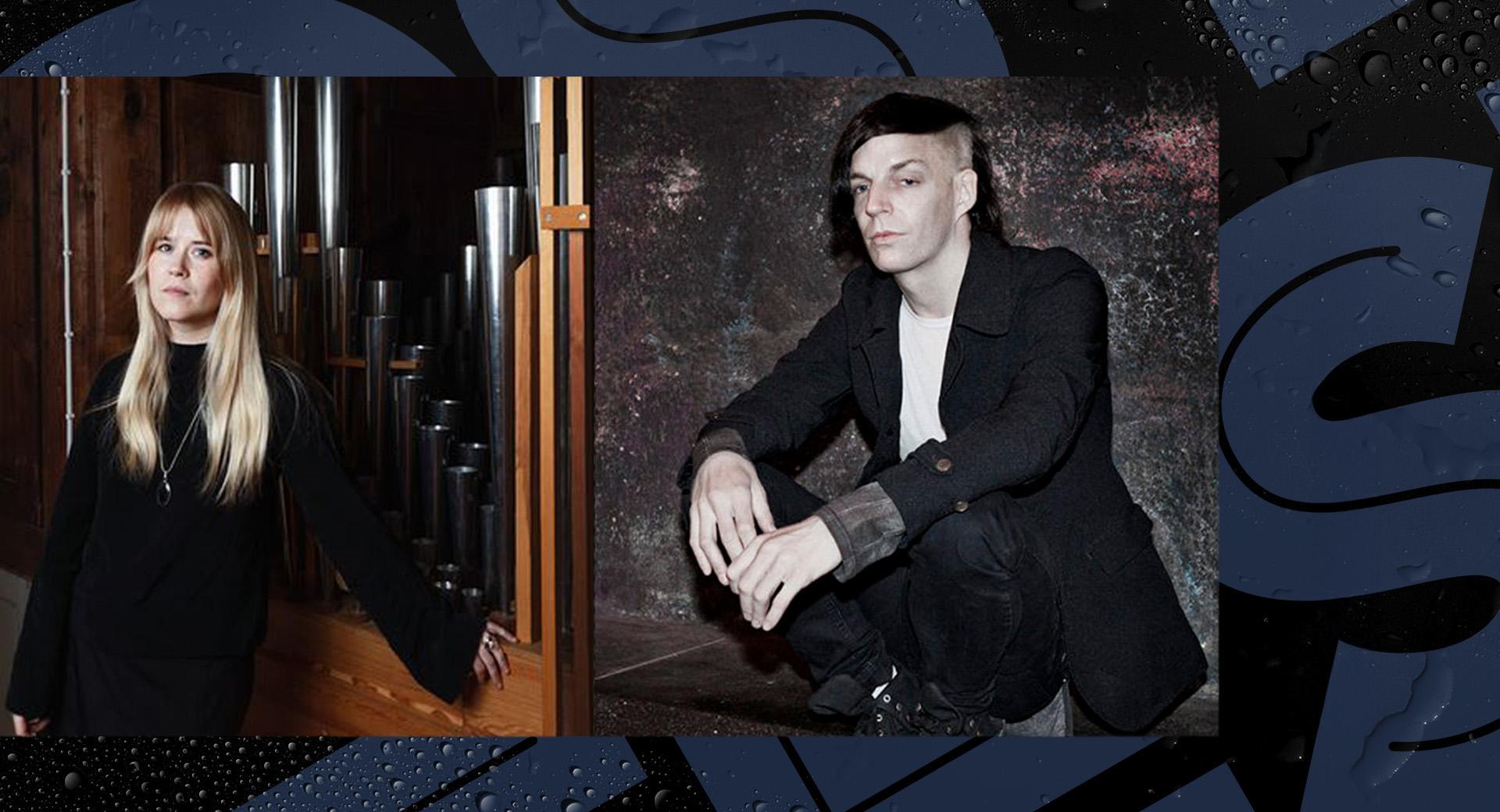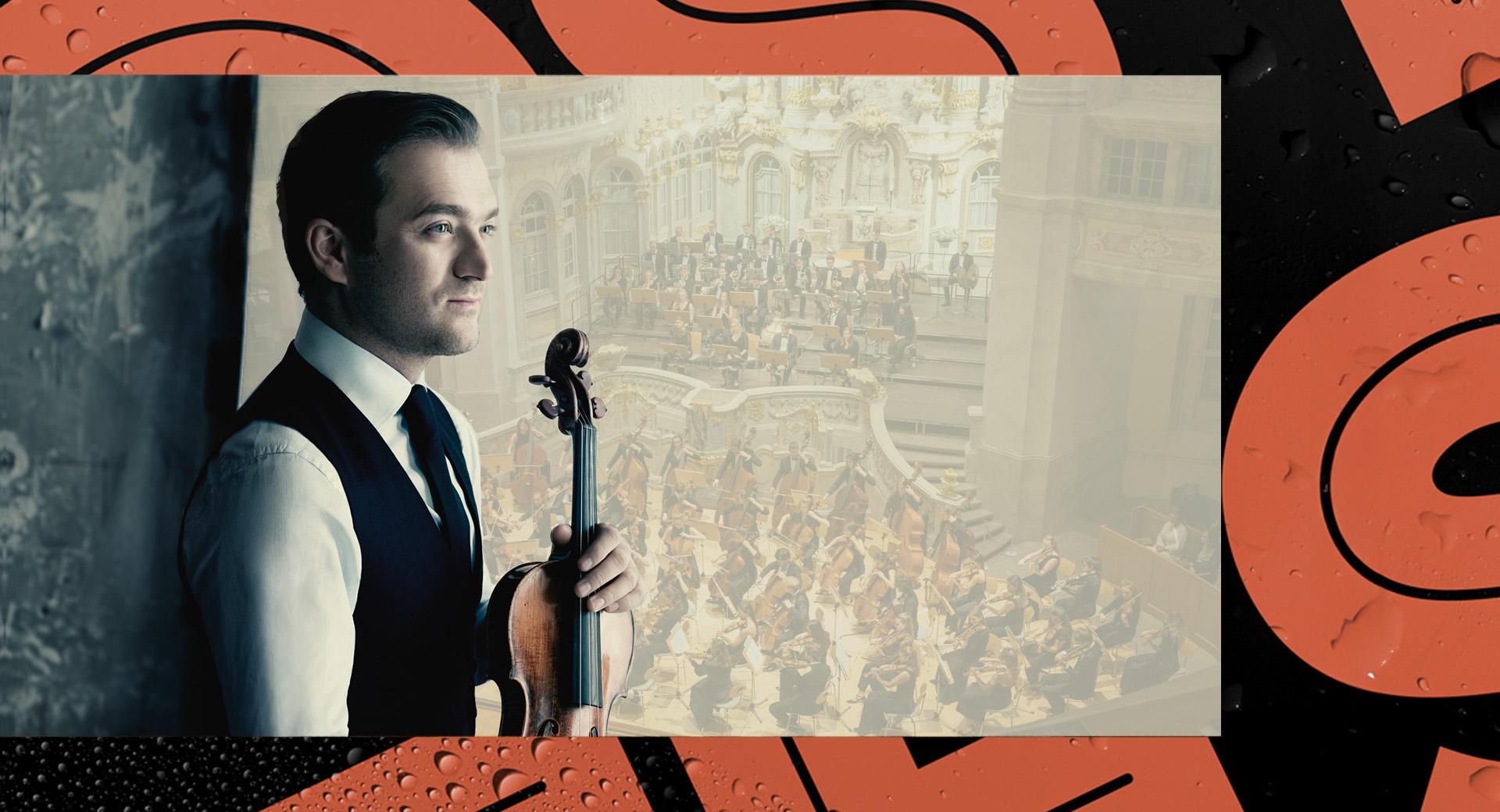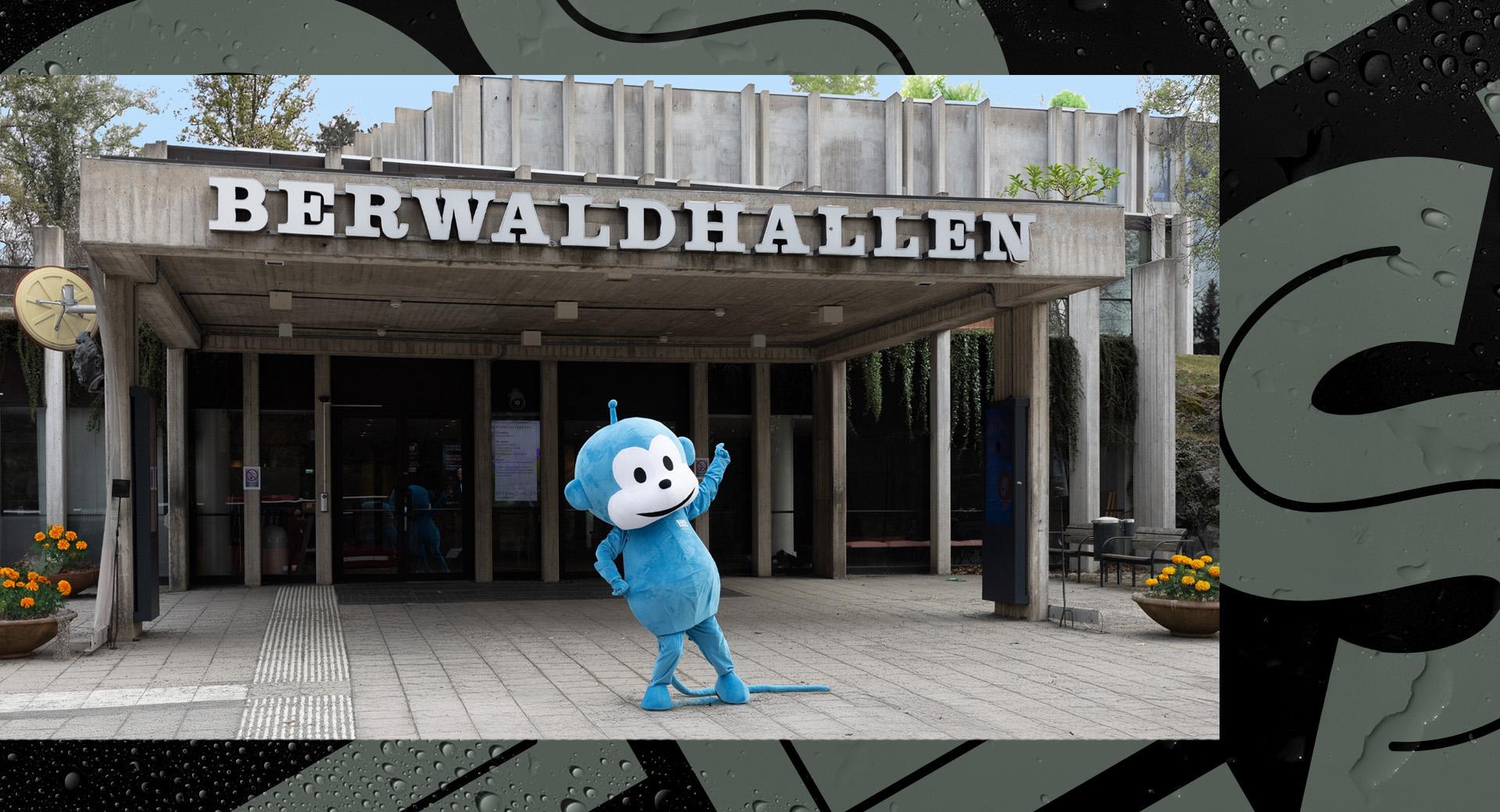The Eric Ericson Award Concert
92 young conductors. That’s the number of applicants for this year’s Eric Ericson Award – the competition for the most talented choral conductors, in which the winner is given the opportunity to lead some of the world’s foremost professional choirs. So far, the prize has been awarded three times, and strives to achieve a high artistic and competitive level in choral conducting. Eric Ericson has been immeasurably significant to the Swedish choir scene. Now, his heritage is in the hands of a new generation of conductors.
This production is part of one or more concert series.

The three semi-finalists that made it to the final of Eric Ericson Award 2021 Sunday October 24 are Krista Audere, Harry Bradford and Julia Selina Blank.
The concert will be livebroadcasted on Berwaldhallen Play. The broadcast starts at 2.15 pm with a talk about The legacy of Eric Ericson, the concert broadcast starts at 3 pm. The talk will be given in English.
Approximate concert lenght: 2 hours and 30 min, including intermission



